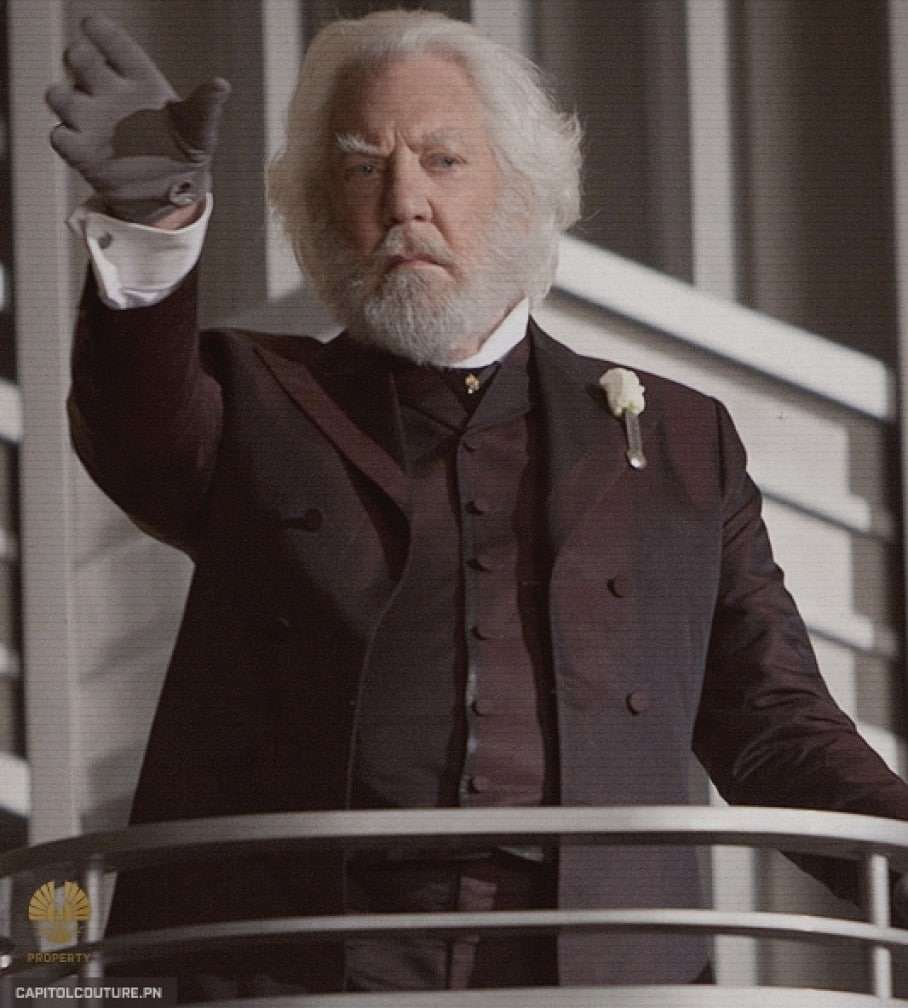The Volokh Conspiracy
Mostly law professors | Sometimes contrarian | Often libertarian | Always independent
'The Hunger Games' makes an appearance in a federal appellate decision

From Judge Gorsuch's concurrence in yesterday's United States v. Krueger:
Ours is not supposed to be the government of the Hunger Games with power centralized in one district, but a government of diffused and divided power, the better to prevent its abuse.
I hope our government is not supposed to be the government of "The Hunger Games" in other ways, too. Also appearing in the opinion are Sir William Blackstone, Alexander Hamilton and James Madison. I have found one trial court case, In re Nexium Antitrust Litigation (D. Mass. 2014) (Judge Young), that also cites "The Hunger Games," for the proposition that, "Trials are not sublimated 'Hunger Games.' Trial experts are not the source of primary evidence. They merely provide the jury with a potential means for analyzing that evidence. Here the primary evidence is what it is." (Am I missing something about how that actually connects to "The Hunger Games"?)
What are the underlying issues that Judge Gorsuch discusses, you ask? Well, you might not ask. But I answer: (1) Are warrants to search a home issued by a federal magistrate judge in one district (here, Kansas) statutorily invalid in another district (here, Oklahoma) - given federal statutes that specifically limit magistrate judges' power? (2) Does the statutory invalidity of the warrant also render the home search constitutionally unreasonable for Fourth Amendment purposes? The majority and the concurrence hold the warrant was invalid, and so was the search; the evidence of distribution of child pornography uncovered as a result of the search must therefore be suppressed.
The majority and the concurrence agree that the evidence must be suppressed, but they disagree on whether this should happen because the statute was violated, or because the Federal Rules of Criminal Procedure were violated. That distinction could potentially make a difference, but I won't focus on it here. If you're interested, see the final footnote of the concurring opinion.


Show Comments (0)